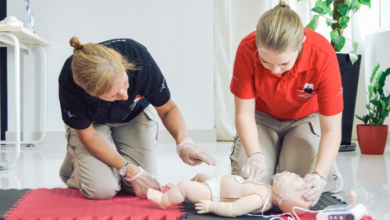How Biomedical Testing Supports Accreditation and Regulatory Compliance

Introduction
Hospitals undergo regular inspections from organizations like The Joint Commission, CMS, and FDA. One of the most scrutinized areas is biomedical equipment testing. Compliance depends not just on performing the tests, but also on documenting them properly.
Why Testing Matters for Compliance
- Patient Safety: Devices must function correctly.
- Regulations: Standards require documented testing cycles.
- Risk Management: Testing reduces liability in the event of device failure.
Tools That Ensure Compliance
- SimCube® NIBP Simulator for routine monitoring validation.
- FlowTrax® Infusion Pump Analyzer for IV pump performance checks.
- Safe-T Sim® Electrical Safety Analyzer for electrical safety compliance.
The Role of Digital Reporting
Systems like Mobilize automate data capture, ensuring audit-ready records.
Case Example: Audit Success Story
A 200-bed hospital used BMET PACK PRO and Mobilize to prepare for a Joint Commission survey. All test records were digital, complete, and traceable. The facility passed its audit with zero deficiencies in biomedical compliance.
FAQ
Q: How often should devices be tested?
A: Most require annual PMs, though high-use devices may need more frequent checks.
Q: Do accrediting bodies accept digital test records?
A: Yes — in fact, they prefer standardized digital documentation.
Q: Can bundled kits really prepare a hospital for audits?
A: Yes. BMET PACK PRO provides everything needed for compliance testing in one kit.
Conclusion
Accreditation depends on thorough testing and reliable documentation. Tools like the SimCube®, FlowTrax®, and Mobilize make compliance not just possible, but efficient.



